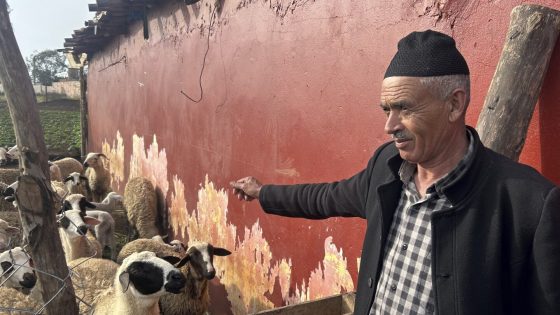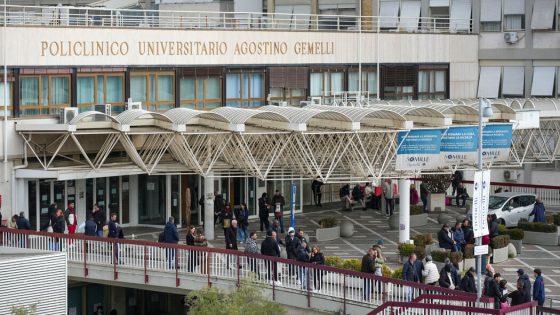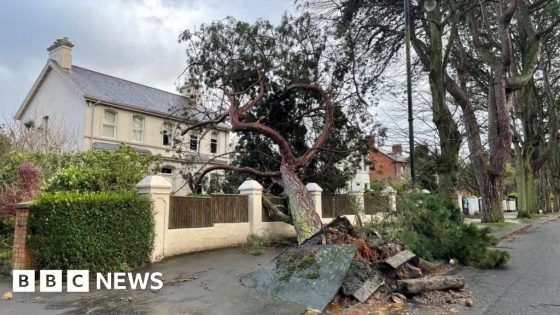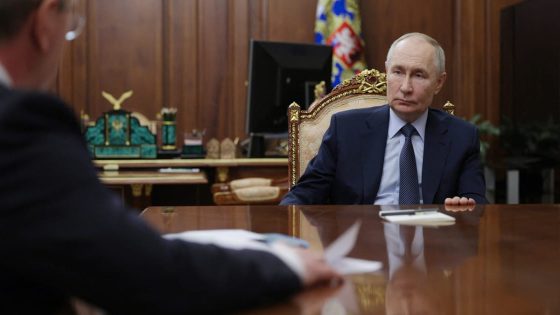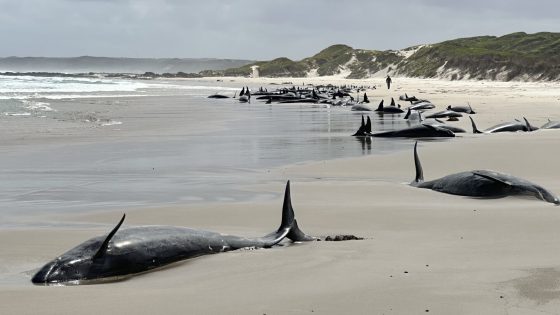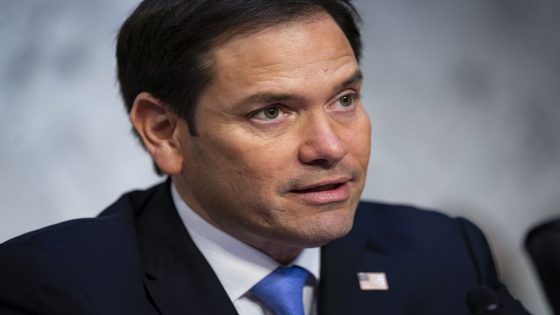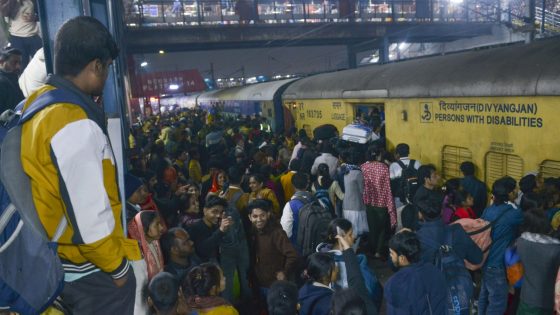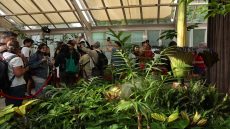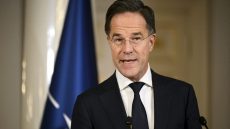On February 28, 2025, in Oulad Slama, Morocco, King Mohammed VI urged citizens to refrain from purchasing sheep for the upcoming Eid al-Adha holiday due to severe inflation and a prolonged drought. This unprecedented request is expected to significantly impact local farmers, including Larbi El Ghazouani, who has seen a dramatic increase in feed costs and anticipates a loss of half his investment in sheep.
- King urges Moroccans to skip sheep purchases
- Record inflation impacts livestock prices significantly
- Drought has led to livestock population decline
- Eid al-Adha traditions face unprecedented challenges
- Families struggle to afford sacrificial sheep
- Morocco imports livestock to stabilize prices
The request to forgo sheep purchases for Eid al-Adha marks a significant departure from tradition in Morocco, where the holiday typically involves the sacrifice of livestock. The king’s letter, read on state television, highlighted the economic strain on families, particularly those with limited income, as sheep prices have surged amid a seven-year drought that has devastated livestock numbers. Farmers like El Ghazouani are struggling with increased costs, with feed prices rising by 50% over the past three years.
Key statistics illustrate the impact of the drought and rising costs on Moroccan families and farmers:
- 55% of families surveyed reported difficulty affording sheep.
- 7% of respondents took loans to purchase sacrificial sheep.
- Sheep and cattle herds have decreased by 38% since the last livestock census in 2016.
The agricultural minister noted that rainfall this season is 53% below the average for the past 30 years, leading to less grazing land and higher feed costs. The price of sheep has escalated to levels that exceed monthly household earnings, with the minimum wage set at 3,000 Moroccan dirhams ($302). In response, the Moroccan government has removed import duties on livestock and plans to import 100,000 sheep this year to stabilize prices.
This is the first time in 29 years that Moroccans have been asked to skip the holiday’s traditional feasting, reflecting ongoing struggles with food prices despite the country’s economic developments. Similar requests were made by former King Hassan II during times of drought and economic hardship.
The king’s appeal to forgo sheep purchases for Eid al-Adha underscores the significant economic challenges facing Moroccan families and farmers. As they navigate these difficulties, the traditional practices associated with the holiday may be altered, highlighting the broader implications of climate change and inflation on cultural celebrations.



